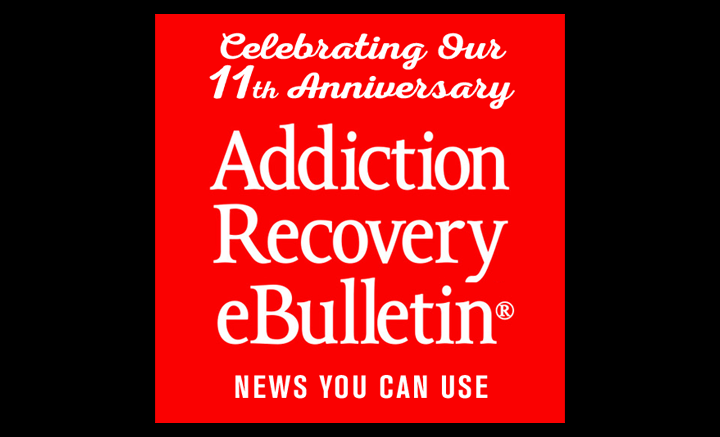Promises Not Promotion –
MARCH 11, 2020 – In fact, the evidence suggests that 42 percent of all study participants engaged in AA remained completely abstinent one year after starting treatment, compared to 35 percent of those receiving other interventions, including cognitive behavioral therapy. This effect is achieved by fostering increased AA participation beyond the end of the 12-step program, the authors said.
When compared to the treatment approaches, AA-based programs perform just as well at reducing drinking intensity, negative alcohol-related consequences and addiction severity, they added.
In addition, four of the five economics studies identified by researchers showed considerable cost-saving benefits for AA and related 12-step clinical programs designed to increase AA participation, indicating that these programs may reduce healthcare costs substantially.



